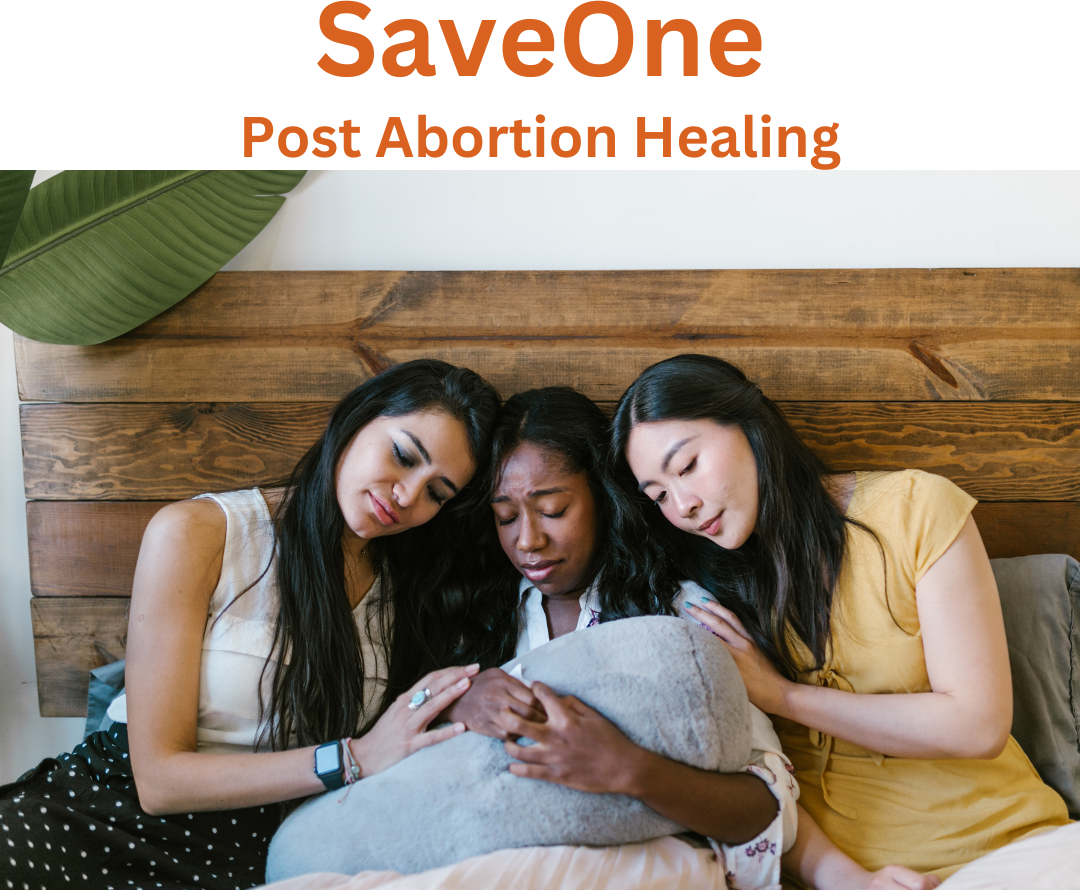Abortion
Abortion is the intentional termination of a human pregnancy, with the understanding that this procedure will result in the death of the fetus. The term “fetus” comes from Latin, meaning “bringing forth of young,” “Young still in the womb,” or “offspring.”.
Types of Abortion
Pill Abortion
Mifepristone is a drug used to cause an abortion. Between the years 2000-2022, around 5.9 million women used mifepristone for medical termination of their pregnancies. Also known as RU-486, it was legalized in the U.S. after an unusually rushed approval procedure in September of 2000 for use to terminate pregnancies.
How it works
The abortion drug, Mifepristone, blocks the hormone progesterone, which is vital to maintaining a healthy pregnancy. The drug cuts off nourishment to the fetus, leading to its death. Sometimes, a pill abortion is called a “medical” or “chemical” abortion because it
does not involve surgery unless the chemicals fail to kill the baby. Sometimes, the medical provider will add the drug misoprostol as the final step to the pill regimen. Misoprostol causes contractions to expel the fetus and the placenta.
Risks
Between 2000 – 2022, over 4,218 adverse events have been reported to the FDA, and
at least 32 deaths have occurred in the U.S. alone.
Surgical Abortion
Surgical abortion is an action that surgically kills a baby while he/she is growing in his/her mother’s womb. Depending on the age of the baby at the time that the abortion is carried out, different methods can be used.
How it works
Risks
Risks for suction aspiration and D &E procedures include pelvic infection,
incomplete abortion, blood clots, heavy bleeding, and anesthesia complications.
The risks following an induction abortion include severe complications like
infection, heavy bleeding, and uterine rupture. In 2020, the CDC reported six deaths
due to complications from legal abortions. Between 1990 and 2020, annual deaths
ranged from two to 12 women per year.
What is a Pill Abortion?
What is a Suction Abortion?

No one can force you to have an abortion
Forcing a woman to have an abortion, including a minor, is illegal in all 50 states. The Justice Foundation’s Center Against Forced Abortion (CAFA) provides educational resources to empower women and sidewalk advocates to overcome the threat of force or coercion. Click here for a complete list of resources.
Abortions on MS residents in 2021
%
of abortions on MS residents in 2021 were African American women
abortions reported in Mississippi between 1980-2020 (40 years)
%
of all abortions on MS residents between 1980-2020 were on African American women
Did you know?
1973
The U.S. Supreme Court's decision in Roe v. Wade established a "right to abortion" under the 14th Amendment.
2000
After an unusually rushed approval procedure, Mifepristone was legalized in September of 2000 for use in the U.S. to terminate pregnancies.
2003
Partial-birth abortion is illegal in the U.S.
June 24, 2022
Roe v. Wade was overturned by the U.S. Supreme Court in the Dobbs v. Jackson Women’s Health Organization case, allowing states to set their own abortion laws.
July 7, 2022
July 8, 2022
The last abortion facility in Mississippi closed.
1973-2024
Abortion can cause Post-Abortive Syndrome and raise the potential of breast cancer by up to 50% after one abortion.
65% of abortions involve coercion by others, such as partners or parents.
Fathers have no legal say in whether their child is aborted.
Abortion and Breast Cancer
The Abortion-Breast Cancer Link
How Politics Trumped Science and Informed Consent, 2007
Risk of Breast Cancer Among Young Women
Relationship to Induced Abortion – JNCI: Journal of the National Cancer Institute, Volume 86, Issue 21, 2 November 1994, Pages 1584–1592
Abortion as an Independent Risk Factor for Breast Cancer
Healing After Abortion

Healing for Those Affected by Abortion
Did you know that 1 in 3 men and 1 in 3 women in your church may have personally experienced an abortion? The aftermath of abortion can leave a lasting impact, including:
- Emotional struggles: Depression, grief, anxiety, and lowered self-esteem.
- Mental health challenges: Regret, suicidal thoughts, and behaviors.
- Physical and relational effects: Sexual dysfunction, avoidance of emotional attachment.
- Trauma-related symptoms: Flashbacks and substance abuse.
Abortion creates a deep wound that is difficult to heal on our own. That’s where SaveOne comes in.
What is SaveOne?
SaveOne offers confidential, Bible-based studies to help men, women, and loved ones who are suffering from the effects of abortion. Participants can find hope, restoration, and freedom through this healing journey.
Our curriculums are tailored for:
- Women
- Men
- Siblings and loved ones
Start Your Healing Journey
Pro-Life Mississippi is proud to be a SaveOne Chapter, offering confidential Bible study classes for those seeking healing.
Contact our Office Manager, Tammy Tillman, to schedule a time to begin your class. We will work with you to find a schedule that meets your needs.
Take the first step toward healing today.
Are you or someone you know struggling with these emotions?
You are Not Alone. Reach out to one of these Abortion Recovery Hotlines:
- Support After Abortion 844-289-HOPE(4673)
- Rachel’s Vineyard 877-HOPE 4 ME(467-3463)
- National Hotline for Abortion Recovery 866-482-5433

• Used in the first trimester (5-12 weeks).
• A tube is inserted into the uterus, and a pump suctions out the fetal tissue.
• The most common abortion method used in the first 5 to 12 weeks of pregnancy
• Also used to empty the uterus after a natural miscarriage (not abortion).
• Used in the first trimester (5-12 weeks)
• The cervix is dilated, and a medical instrument is used to remove the fetus in
pieces
• Also used routinely for strictly medical reasons not related to abortion.
• Used in the second trimester
• Forceps are used to remove the fetus in pieces; the skull may be crushed for
removal.
• Used in the third trimester
• The fetus is killed in utero, and labor is later induced to deliver a stillborn.
• This abortion procedure takes days to complete.